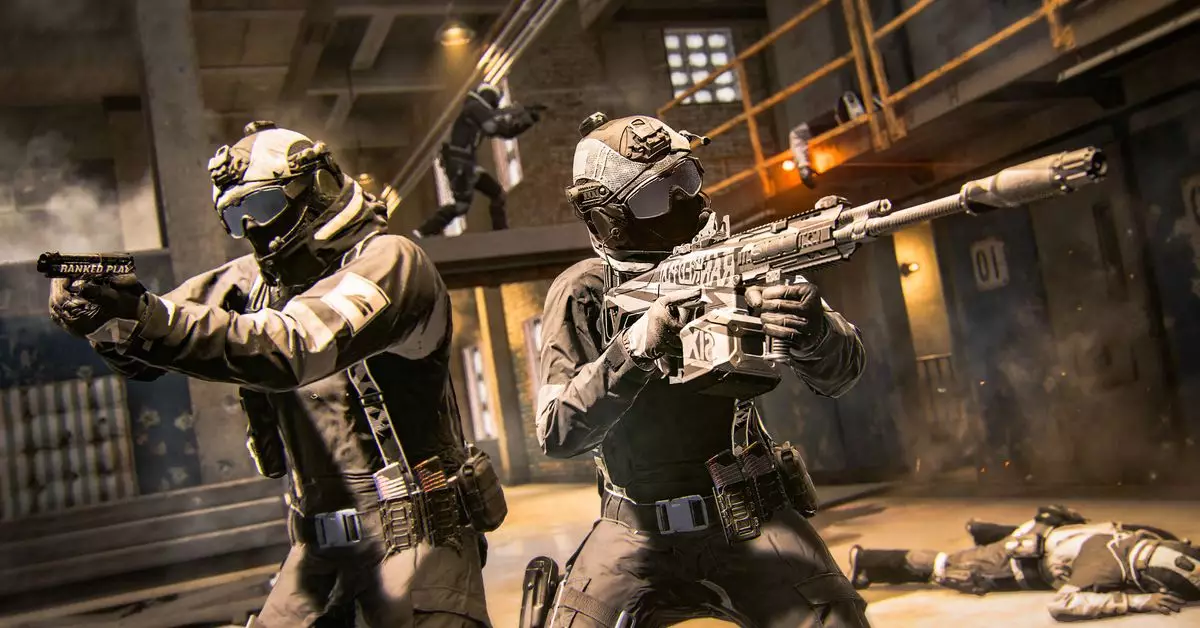The gaming community is no stranger to online cheating and the ensuing discussions about fairness and integrity in competitive play. However, Activision’s recent announcement regarding its anti-cheat system, Ricochet, has ignited fresh debates among players and developers alike. While the company insisted that only a “small number” of legitimate user accounts were adversely affected, contrasting statements from prominent cheat vendors suggest a much larger issue than Activision is willing to admit.
At the core of the controversy is Ricochet’s method for detecting cheats in games such as Modern Warfare III and Call of Duty: Warzone. Activision reported that a workaround disabling their detection system inadvertently led to the banning of legitimate players. Activision claims all affected accounts have been restored, raising questions about the effectiveness and reliability of their anti-cheat measures. The implications of this glitch extend beyond just a few players; several reports indicate that it potentially affected thousands, leaving many players unjustly accused and banned.
This situation is further exacerbated by comments from a cheat operator known as zebleer, who runs the Phantom Overlay store. They asserted that the Ricochet system’s flaw is not a minor hiccup, but rather a significant vulnerability that could be easily exploited. The process described by zebleer is particularly alarming: the detection system allegedly flagging an innocent player’s in-game chat message or a simple friend request containing a specific phrase, which could result in an unjust ban. As he points out, this situation implies that players could face permanent bans through malicious social interactions rather than actual cheating.
The situation reached a boiling point when BobbyPoff, a notable Call of Duty streamer, became embroiled in this controversy after being banned, only to have his account restored shortly thereafter. This case epitomizes the kind of scrutiny gamers face, as speculation ran rampant regarding whether he was implicated in cheating practices. The public reaction was twofold, with some taking the ban seriously while others resorted to mockery, suggesting an unnecessary complexity to speculative gaming culture. Such instances denote how vulnerable the reputations of legitimate players are to the whims of an error-prone detection system.
While Activision has indicated a forthcoming blog post from the Ricochet team to address this issue, the community awaits clarity on the extent of the problem and the measures in place to mitigate similar failures in the future. Trust is paramount in online gaming environments, and incidents such as this could severely affect the player base’s perception of Activision’s commitment to fair play. As concerns about cheating persist, the company must adopt a more transparent approach to communicate both the successes and shortcomings of the Ricochet system, ensuring players feel secure in their gaming experiences.
The Ricochet anti-cheat system’s vulnerability has initiated a crucial dialogue on the complexities and implications of enforcing fair play in online gaming. As legitimate players find themselves entangled in the crossfire of a poorly executed detection system, the need for robust solutions and better communication from game developers has never been clearer. The gaming community deserves protection against exploitative practices and unjust bans, underscoring the necessity for integrity in the competitive digital landscape.

